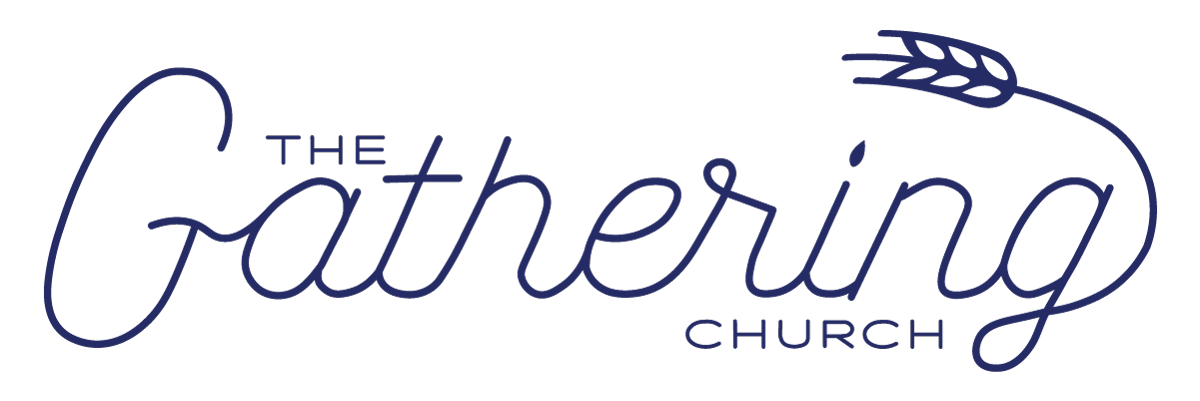Every week when we come together to worship the Lord, we participate in a special and mysterious meal. We know this occasion as a sacrament in that it is an “outward and visible signs of an inward and spiritual grace.”[1] It is first and foremost something given to us, a gift of grace, but is also something we do, a declaration of intent, a personal and communal proclamation of the gospel.[2] This meal, like baptism, involves taking common materials and charging them with dramatic spiritual significance, letting us remember, experience, and participate in the drama of God’s Good News in Christ by the Holy Spirit.
|
Lord’s Supper Calling it the “Lord’s Supper” reminds us that, like the Passover meal Jesus shared, Christ is our host. Calling it the “Lord’s Supper” reminds us that this act set into motion the events of Christ’s betrayal, trial, and death on the cross for us. Communion Calling it “Communion” reminds us of the intimate union we experience with both Christ and fellow believers. This union spans place and time. When we receive Christ’s Body and Blood, we mysteriously receive the same Christ that believers have always received, and that our brothers and sisters of every nation, tribe, and tongue receive now. Calling it “Communion” reminds that Jesus identifies with us, with sinners, with the poor, and with the disenfranchised. Despite the hundreds of ways we are disconnected and dismembered as Christ’s body, Communion allows us to be “re-membered” as Christ’s Body. Eucharist Calling it “Eucharist” (based on the Greek word for “thanksgiving”) reminds us that this meal is a meal of gratitude, a meal of thanksgiving. Calling it the “Eucharist” reminds us to give thanks for all of God’s good gifts, and live into a world of abundance, creativity, and generosity. VERBS The verbs in the account of Jesus’ institution give us keys to appreciating and experiencing the fullness of just what was going on when he broke bread with his disciples and just what is going on when we break bread as his disciples. Took Jesus took normal, mundane ingredients, bread and wine, and charged them with meaning. life, and potential. He did this when he fed the five thousand,[3] when he fed the disciples on the way to Emmaus,[4] and on a greater scale he does this with our hearts and lives as we follow him. Blessed Jesus gives thanks to his Heavenly Father for creating and providing. The Father’s generosity and provision was on center stage in Old Testament stories like the unleavened bread of Passover,[5] the subsequent Manna in the wilderness,[6] and in the New Testament in Jesus’ prayer for our “daily bread.”[7] Jesus’ blessing acknowledges that “every good and perfect gift” indeed comes from God the Father.[8] Broke Jesus breaks the bread before he gives it to his disciples. The loaf is distributed around the table not unlike the fish and loaves on the hillside during Christ’s earthly ministry. Representing his own Body, Jesus’ breaking of the bread anticipates his body, the Bread of Heaven[9], being broken, and his blood poured out, for us and for our sins on the cross. Gave Jesus serves his disciples. The feast is not merely a buffet, but rather a hosted meal. God the Father “so loved the world that he gave his son,”[10] Jesus gives of himself and serves[11], the Spirit is promised and given to the disciples.[12] By consuming Christ’s Body and Blood, we are consumed, included, brought into the generous, graceful life of God.[13] ENCOUNTER Finally, at the end of Luke’s gospel, the risen Jesus walks with two of his disciples on the road to Emmaus. As they walk they attempt to process what Jesus’ death means and fail to recognize Jesus in their midst. It isn’t until he breaks bread with them that they recognize his presence. Meeting the Risen Jesus While Jesus ate with them, he “took bread, blessed and broke it, and gave it to them.” At this “their eyes were opened, and they recognized him.” Similarly, when we come to the table, when we remember and rehearse the gospel by receiving Christ’s body, we stand to have our senses refreshed as we encounter the risen Jesus. Proclamation and Expectation Paul’s exhortation in 1 Corinthians 11:26 “For whenever you eat this bread and drink this cup, you proclaim the Lord’s death until he comes,” hints that this meal acknowledges both the presence and absence of the Lord.[14] We remember and give thanks for the cross and the resurrection and for the fact that, in a sense, Christ is always near us, his kingdom is “at hand.” But, on the other hand, we desperately long, creation groans, for his return! |
[1] Saint Augustine’s definition of a sacrament in De Cat. Rud. 26.50
[2] As Calvin adds in Institutes 4.14
[3] Matthew 14:13-21



